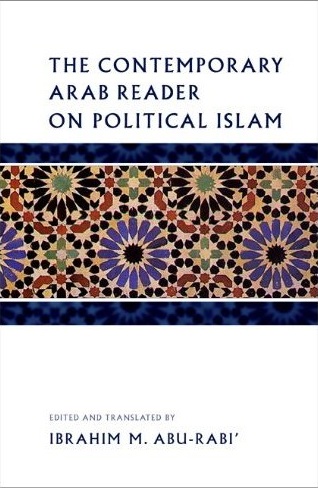Preparing for Combative Jihad


I first ran across this book in New Trails, the magazine for alumni of the University of Alberta. It sounded like a good place to find primary source material on what Muslims are actually saying around the world. According to the editor’s introduction, “one of the main objectives of this book is to help the reader come to grips with the conceptual worldview of Islamism as envisioned by its thinkers and ideologues.” It certainly does help.
The second part of the book deals with jihad. Chapter 7 is entitled “Preparing the Appropriate Climate for Jihad” and it’s by Muhammad Sa’id Ramadan al-Buti. He first mentions that there are two types of jihad. There is peaceful jihad that takes place by preaching. Then there is also violent, combative jihad. Jihad is called for with respect to the recovery of formerly Islamic territory (dar al-Islam) — think Palestine. But then al-Buti begins discussing the question: “What methods does jihad have to use to compel deviant, aimless, and sinful people to submit to Allah’s commands and orders?” He notes that jihad was not originally devised for that. But then read this portion:
Did not the Prophet himself send forces to areas outside the domain of the Islamic frontiers? Did he not sometimes lead some of these detachments with the aim of compelling people to join Islam, consequently founding an Islamic state out of non-existence?
Which method should be used to guide people and establish Islamic rule? The method is to follow the example of the Prophet who guided the deviants and unbelievers to Islam in increasing numbers until they formed a nation and, consequently, a state.
The Prophet continued to conduct such a unique peaceful jihad until he and his Companions achieved the most appropriate atmosphere for the second kind of jihad, combative jihad. Today, what we, as Muslims, lack are men willing to follow the unique example of the Prophet to create a suitable environment for this latter kind of jihad, by means of which we could fulfill the ultimate aim of the Holy War, that is, victory or success. (p.50)
In other words, preaching (peaceful jihad) is a means to an end (violent jihad). Now I will hasten to add that not all the Islamic voices in this book would agree with al-Buti. Yet many Muslims do. And I do find it remarkable that a Canadian university press publishes this without anyone raising an eyebrow.


